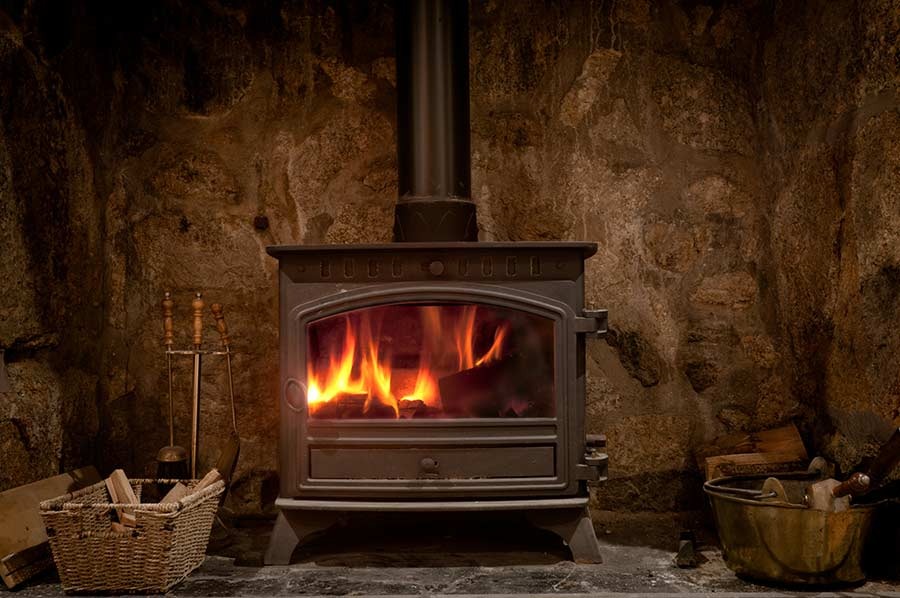Chimney Sweeping Tips
A chimney sweep is a person who performs the exertion of chimney cleaning and examinations of the chimneys. This term has a long history in society and culture. Our profession has evolved from a socially veritably old job to ultramodern professional attributes. In old times the resources involved were substantially children due to their minor constitution. It was veritably easy for them to climb and hang into the chimney tubes etc. They were also veritably low paid as well. As time passed, the profession started getting recognition socially and professionally.

There are lots of good and bad exemplifications of sweeps in the history of the culture. There are also some superstitions attached to this profession in Europe. In Britain and Germany, the chimney sweeps UK is considered lucky. In Britain still, the sweeps are hired for marriage observances because it's considered lucky for a bridegroom to see a sweep on her marriage day. A definition of our craft is depicted on the New Year gifts in Germany. In old periods, the chimney sweep used to wear a full black suit along with a top chapeau, which was the symbol of recognition of a chimney sweep.
Why do you need to clean your chimney?
Chimneys, like buses, need servicing or cleaning. When coal or wood is burnt the bank goes up the chimney and releases chemicals as part of the burning process. Some of them leave a stain or deposit on their way over. This is the soot and includes an ignitable substance called creosote. Over a period of time, these deposits start to block and ultimately fully block the chimney. The soot needs to be gutted for the bank to escape. If it isn't gutted there's a peril of the chimney getting congested or indeed a chimney fire. A cleaner chimney is safer and also more effective. Broad your chimney saves you money!
In addition to this, unused chimneys are constantly used by catcalls as a place to make nests. This clogs the chimney and there's always a threat of setting fire to the nest which in turn increases the threat of setting fire to the soot.
How frequently should you clean your chimney?
Utmost sweeps recommend drawing at least once a year. The verity is that for coal fires you should get them swept twice a year and 4 times a year for wood bones ( according to the Solid Fuel Association)
This does not mean that a chimney sweep association UK will not need drawing at other times. However, indeed incompletely, you should get it audited If you suspect the chimney is blocked.
Watch out for signs similar to a bank in the room or a fire that burns slower than usual.
What kind of chimney sweep should you use?
Numerous people make the mistake of going for the cheapest sweep they can find. This is a false frugality and could indeed be dangerous. We recommend that you choose an original sweep who's the best and dependable and doesn't leave a mess behind rather than just pick the cheapest bone you can find. Just as there are a lot of cowboy builders and you need to choose precisely, it's sad to say there are inexperienced sweeps out there too. We'd recommend avoiding those who have just set up as opposed to an experienced sweep, and surely sweeps who feel to be quite cheap. As a companion, anybody charging less than £35 presumably should be avoided.
What is the story about chimney sweeps at marriages?
A chimney sweep saved the life of King George III by stopping some out-of-control nags. The King placarded that sweeps were liaisons of good luck and the tradition was established whereby sweeps are invited to marriages and they kiss the bridegroom for good luck.
3 miscalculations people make with chimneys
1. Not getting the chimney audited on the outside and around the fireplace
It's not just the inside of a chimney that needs to be checked, the outside of the chimney and the fireplace need examination as well. Numerous chimneys in houses in England are further than 100 times old and the condition of the brickwork needs to be audited.
The chimney needs to be audited to see if it's damaged or leaning, or whether the brickwork needs pointing.
Around the fireplace, especially at the reverse the condition of the bricks needs to be checked. After a period of time, the brickwork can come damaged from the heat of the fire and some cracks may be present. Large cracks will need formwork or replacing.
2. Burning the wrong energy
Burn hardwood ( similar to birch, elm, hazel, oak) rather than softwood ( similar to cedar, conifer, and pine). The hardwood burns more sluggishly than softwood which makes it cheaper as smaller logs will be used. The hardwood also burns at a hotter temperature which reduces the amount of creosote that becomes deposited inside the chimney.
3. Trying to do it yourself
You can sweep a chimney yourself but you are doubtful to enjoy the experience. It's likely to be hard physical work and likely to be dirty. Use an experienced professional who knows what he's doing. You will need to hire some skirmishes, it will presumably take you the utmost of the day whereas a professional will take lower than an hour for an average chimney that is not too dirty.
Original Source: Chimney sweep organisation UK
Comments
Post a Comment